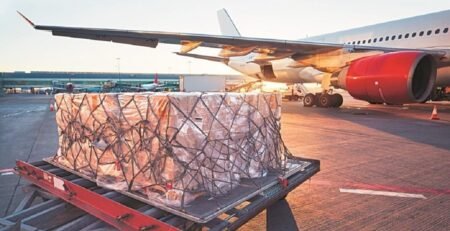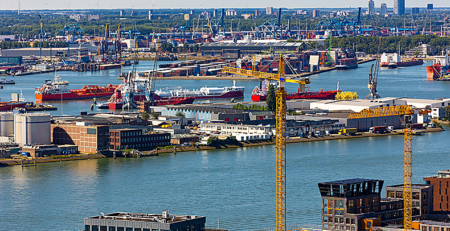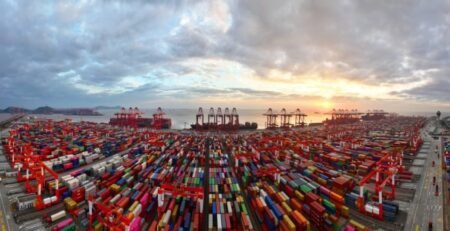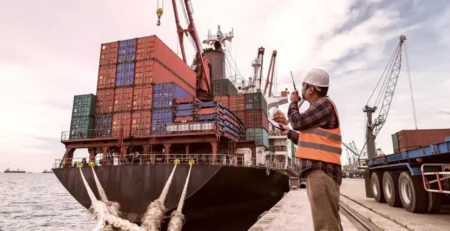IMO’s Historic Carbon Pricing Deal Sets a New Global Standard for Shipping Emissions

By Eva Richardson | The Logistic News
The International Maritime Organization (IMO) has reached a breakthrough agreement to introduce a global carbon pricing mechanism—the first of its kind under a UN body—marking a historic shift in how the shipping industry addresses its environmental footprint.
Set to take effect in 2028, the new framework will impose mandatory emission limits on large ocean-going vessels, which collectively produce 85% of maritime CO₂ emissions. A levy of $380 per tonne of carbon will be applied to a portion of emissions, with the revenue directed toward funding climate-aligned innovation and infrastructure.
“This agreement sends a strong signal that the maritime industry is no longer exempt from the climate equation,” said a senior official at the IMO.
The measure is the result of years of negotiation among IMO member states. While the deal is widely hailed as a turning point, some experts and environmental groups criticize it for lacking immediate impact: only 10% of emissions will be taxed initially, and certain exemptions may weaken the scheme’s effectiveness.
Still, the policy lays the foundation for long-term transformation. The estimated $11–12 billion in annual revenue will be funneled into a global fund to help decarbonize shipping, invest in zero-emission fuels, and support developing nations adapting to the new standards.
“This isn’t the finish line, but it’s a credible starting point,” said a policy analyst from the International Council on Clean Transportation.
With mounting pressure from global supply chain actors and consumers to green their logistics, this move places the IMO—and the maritime sector—squarely on the path toward climate responsibility. The shipping industry now faces the challenge of translating regulation into results.
The post IMO’s Historic Carbon Pricing Deal Sets a New Global Standard for Shipping Emissions appeared first on The Logistic News.
Share this post
Related
Posts
Surge in Asian Air Cargo Forces Airlines to Reprioritize Global Routes
By Maria Kalamatas | July 10, 2025 Bangkok, July 10 — In a move that underscores the pressure on global air...
Asia-Europe Freight Rates Surge Again as Port Congestion Hits Peak
SINGAPORE / 9 JULY 2025 — Shipping rates between Asia and Northern Europe have surged once again this week, reaching...
Shanghai Surges Ahead as Global Shipping Recalibrates
Shanghai, China — 10 July 2025In a month marked by global route upheavals and capacity shifts, the Port of Shanghai...
Argentina, Brazil, and Mexico Fast-Track Regional Freight Agreements
BUENOS AIRES — July 4, 2025Faced with weeks of delayed cargo and unstable ocean routes, Latin America’s biggest economies are...





